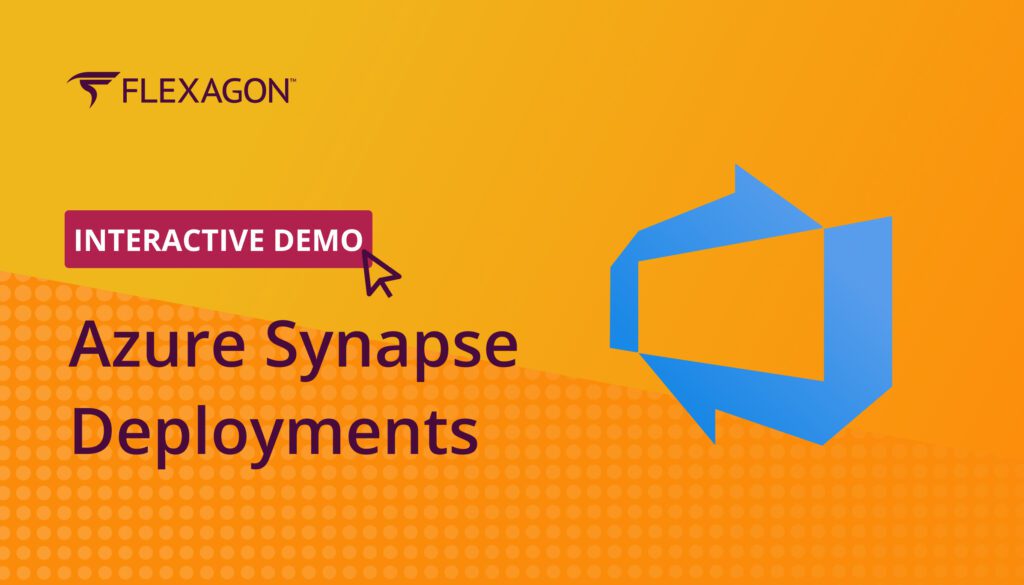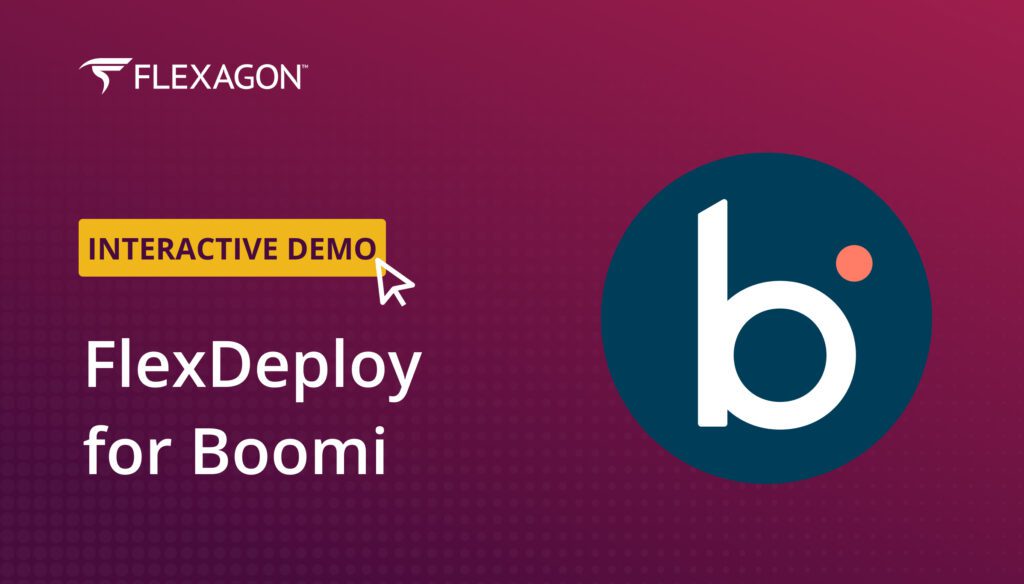DevOps is not just some passing trend. IT organizations are buying in because they are asked to manage an increasing number of business applications in complex heterogeneous environments. As the breadth and complexity rises, the demand for innovation and the ability to execute faster is escalating. DevOps provides a platform for IT staff to work smarter, reduce costs, and deliver at increasing speed and with higher quality.
DevOps and a Traditional ERP?
Traditional application development has been turning to DevOps for several years, and the adoption rate continues to rise. That is where DevOps was born, and it has proven results. But how can DevOps play a role in a large ERP platform, such as Oracle E-Business Suite? There are many unique challenges which make DevOps not seem like a very natural fit.
- This is old technology which has stood the test of time, but does not provide interfaces which are conducive to tool integration or modern software delivery practices
- Every EBS implementation consists of hundreds or thousands of customizations, spanning dozens of object types
- There is no concept of an application, but rather a large collection of files which reside on the server or are loaded into the database
- Ad hoc processes have been in place for years, and is deeply ingrained into business expectations
(Looking to simplify E-Business Suite and make the customization process faster? Read these 13 EBS development pro tips!)
By using FlexDeploy, organizations establish an automated and repeatable process for building, packaging, and safely deploying code, APIs, meta-data changes, and data migrations from development through test to production environments.
What to Expect
In this blog series, I will introduce FlexDeploy’s DevOps solution for Oracle E-Business Suite, walking through several use cases and deployment models. Using the crawling/walking/running metaphor, we will explore how FlexDeploy can support escalating DevOps maturity requirements. The challenges are real, but why should ERP teams be left in the cold?
- DevOps Best Practices for Oracle EBS
- FlexDeploy Loves Oracle E-Business Suite: Crawling
- FlexDeploy Loves Oracle E-Business Suite: Walking
- FlexDeploy Loves Oracle E-Business Suite: Running!
In the first blog article we will explore some of the development practices that lay the ground work for adopting DevOps. The second article will lay out the most basic FlexDeploy implementation for automating EBS build and deployments, using more a more ad hoc, yet automated, methodology. The third article will introduce FlexDeploy pipelines to showcase how Continuous Delivery can streamline your software delivery process. The final article will layout an advanced approach for Continuous Delivery using Continuous Integration and Automated Testing, enabling rapid delivery of business value.
Next Post: DevOps Best Practices for Oracle EBS



